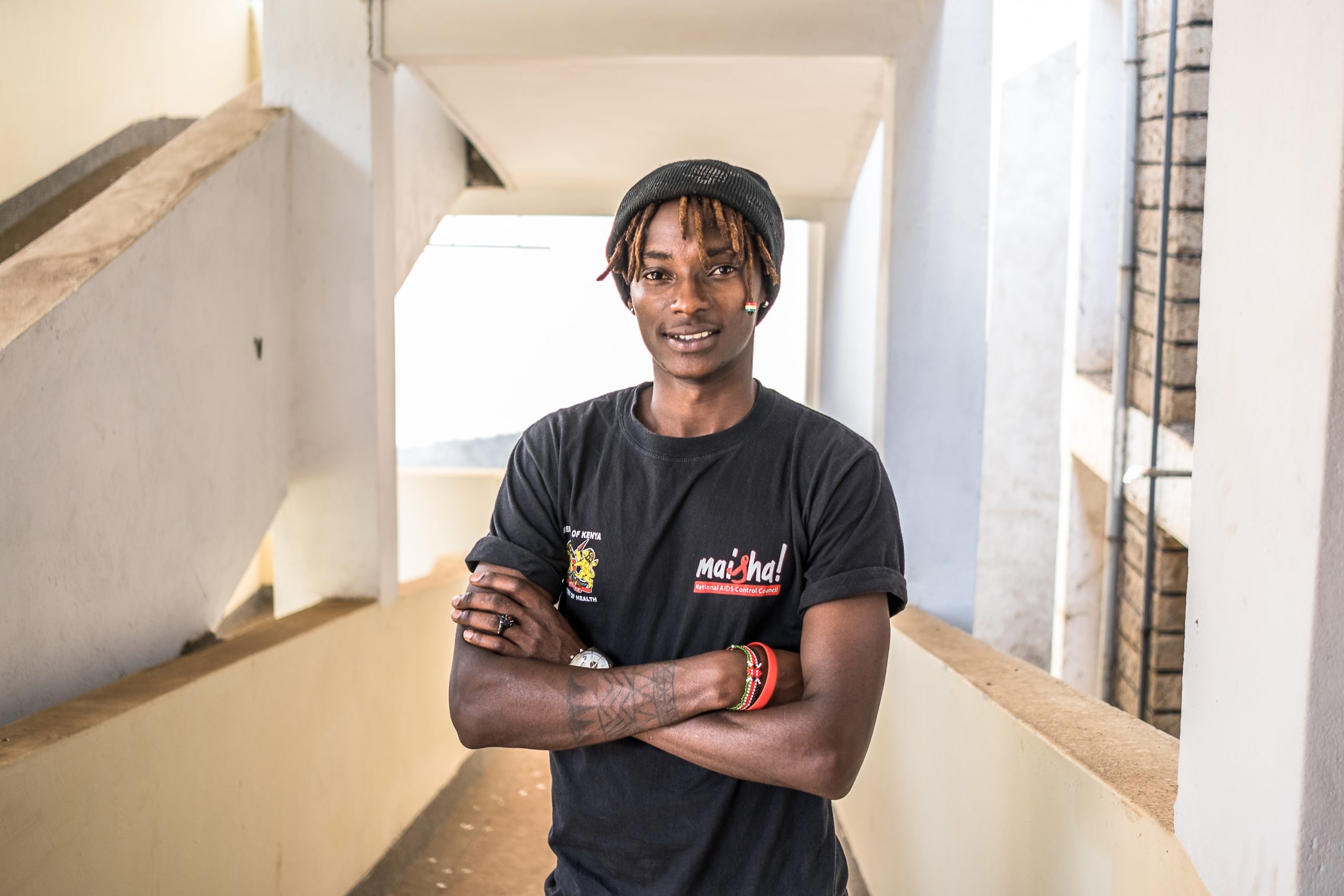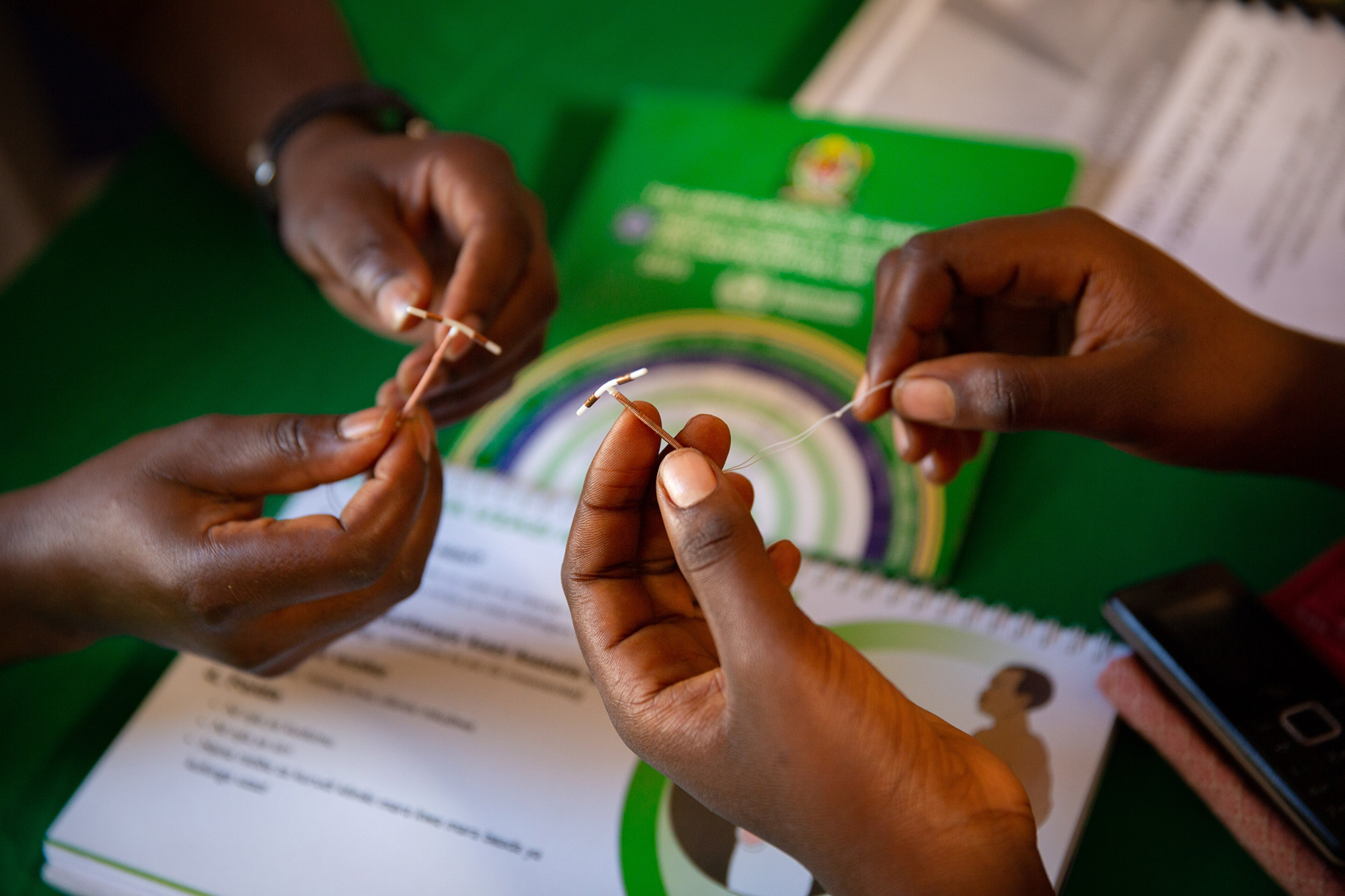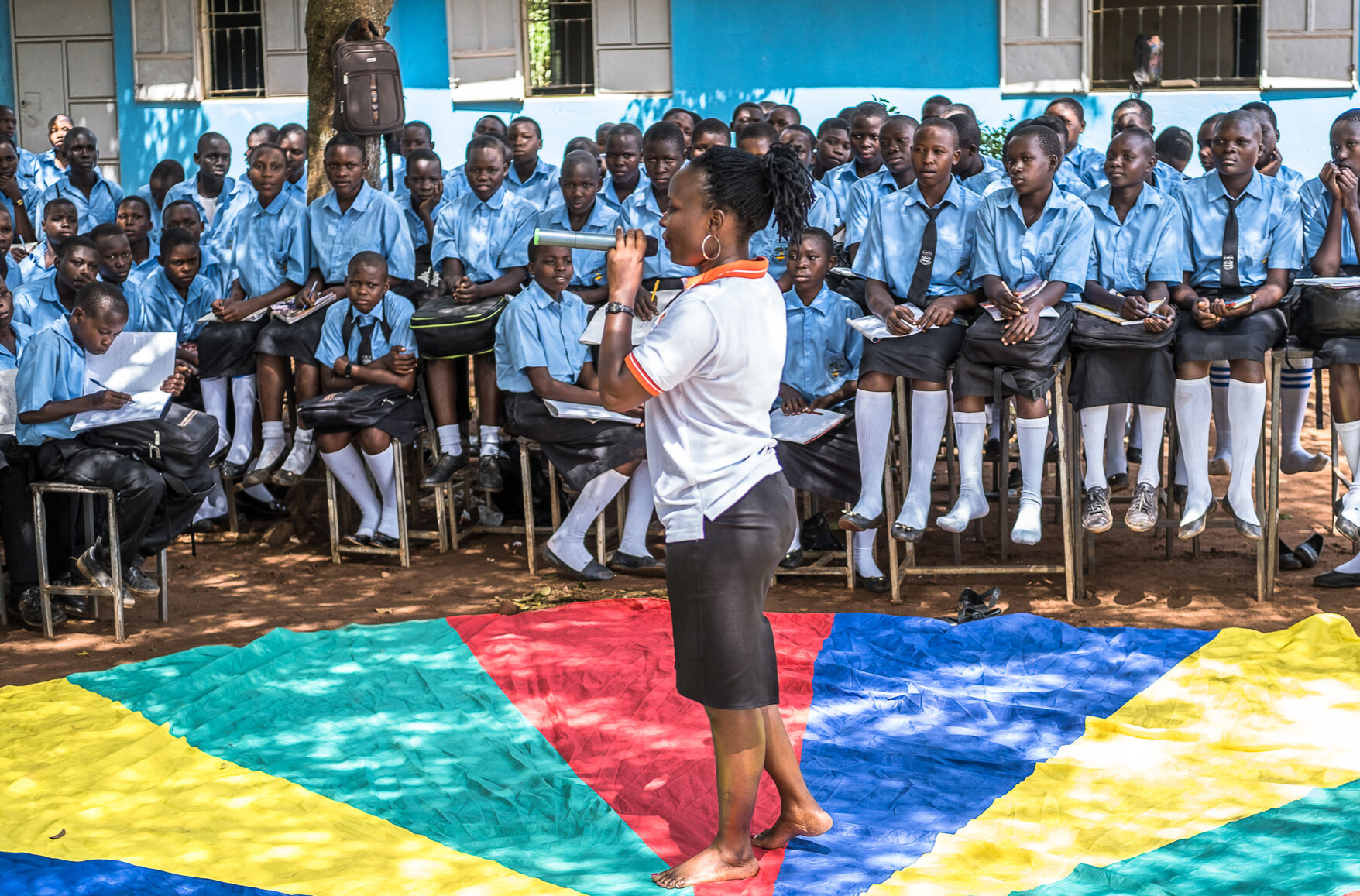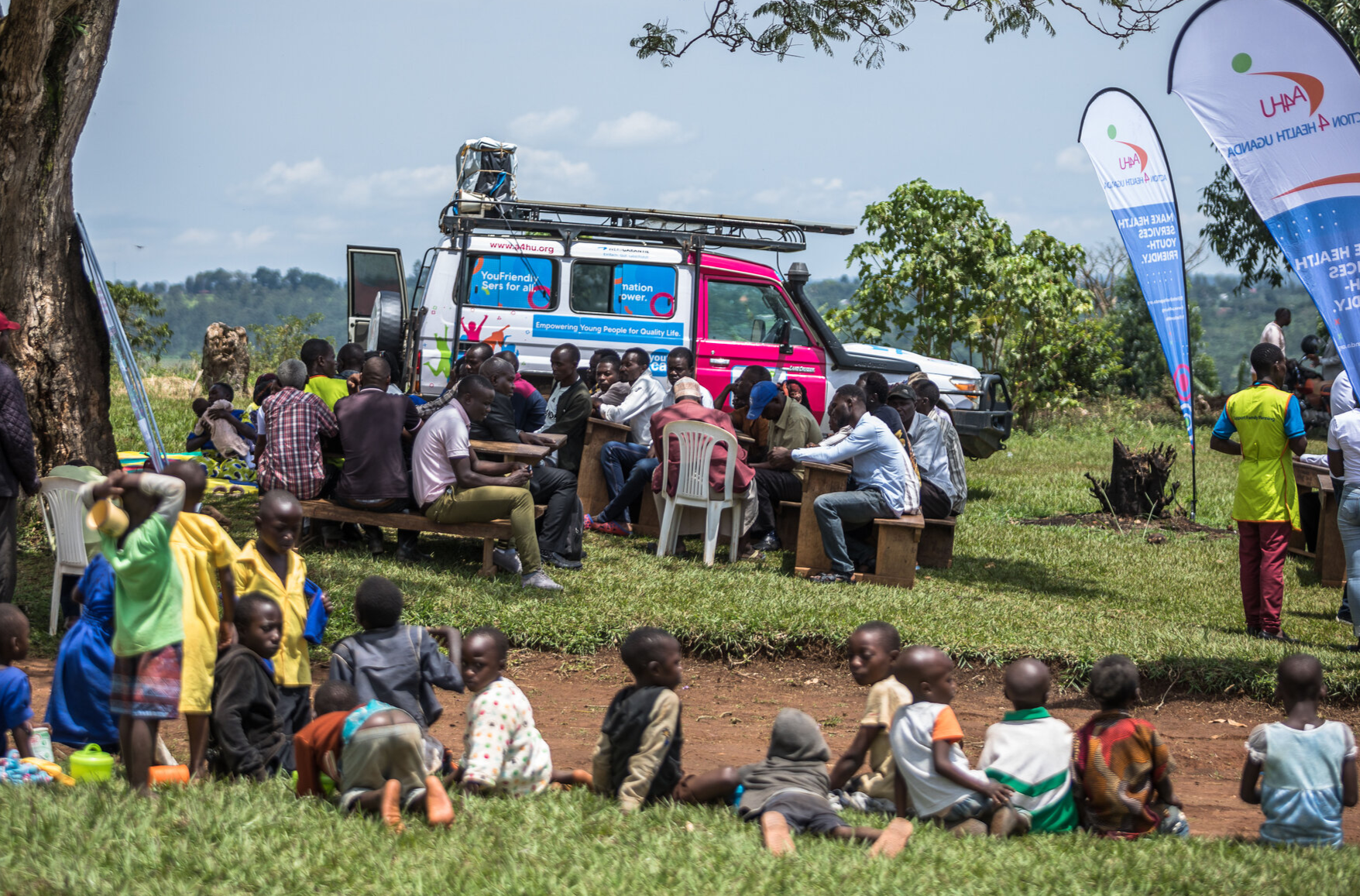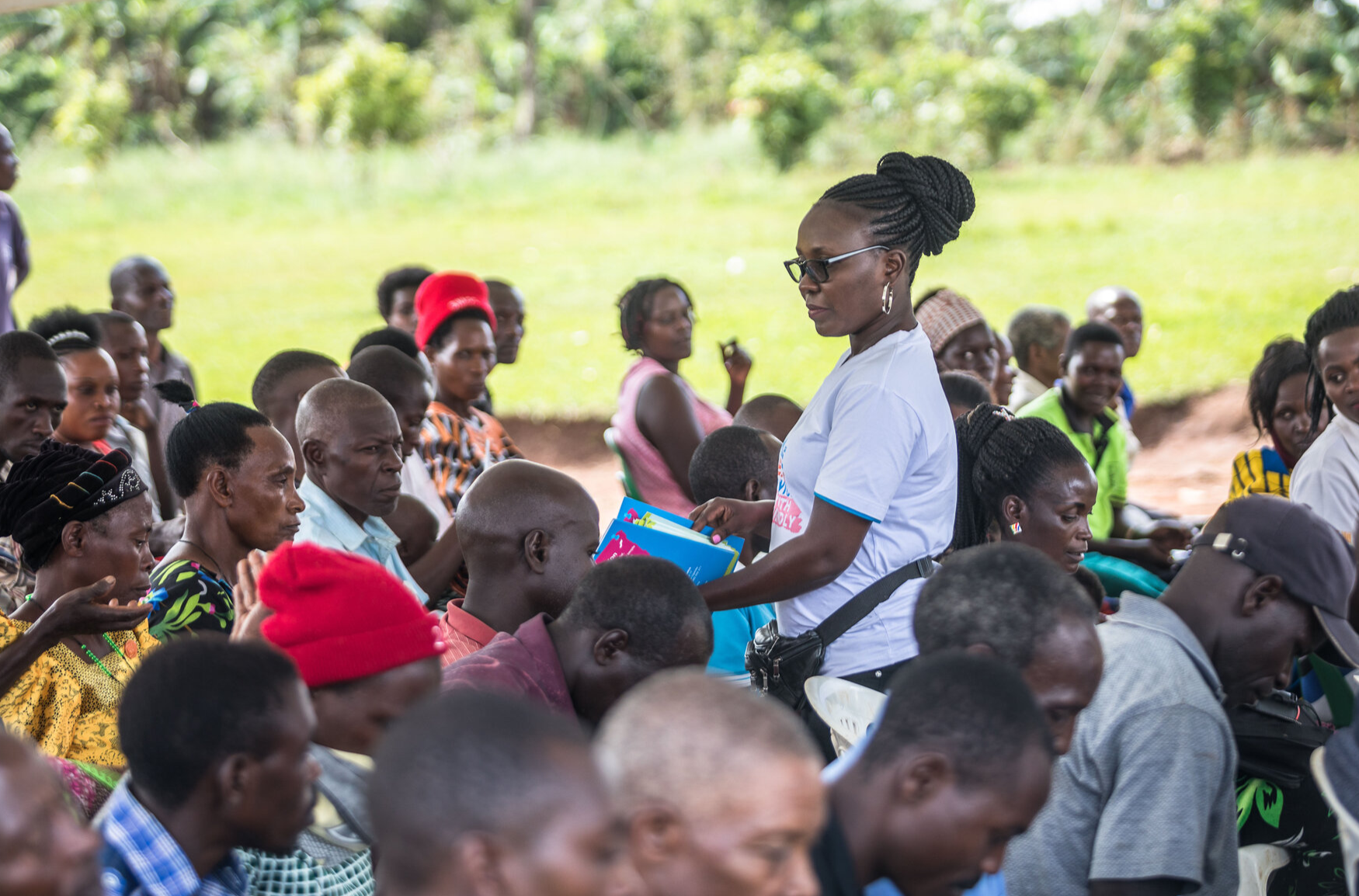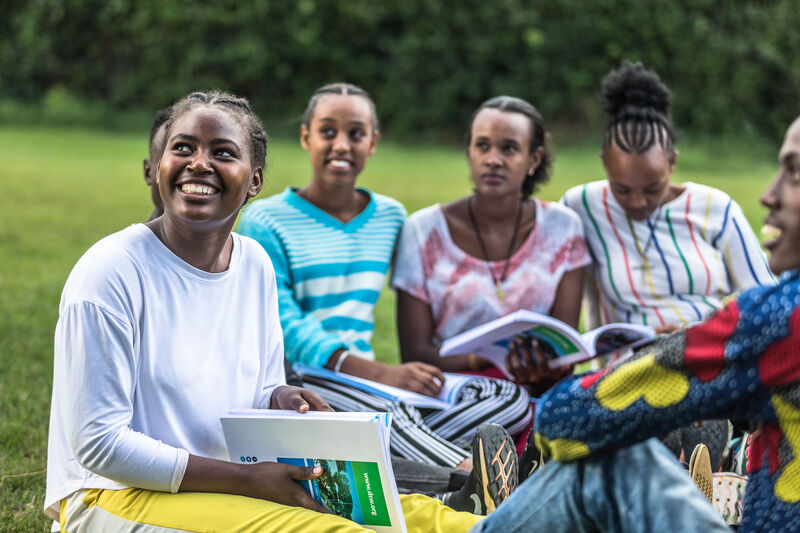
By Youth for Youth
What happens during menstruation? Why do I get pregnant and how can I prevent it? What does an equal relationship look like? DSW youth clubs are places where young people can talk about topics that are otherwise largely taboo. DSW-trained peer educators teach other young people between the ages of ten and 24 the basics of sexuality and give tips on health and everyday issues.
In addition, the young people in the youth clubs learn what contraceptives are available and where to get them. The young people are also provided with comprehensive information about the risks and ways of contracting HIV, and minimising common myths and stigmas. The peer educators also know where young people can get professional health advice and treatment in their area and refer them to appropriate health centres. In initial pilot projects, these health services are being integrated directly into youth centres.
How we engage with youth
Support us.
Donate online, help on the ground. Support our projects and political work for sexuality education and voluntary family planning with your donation.
